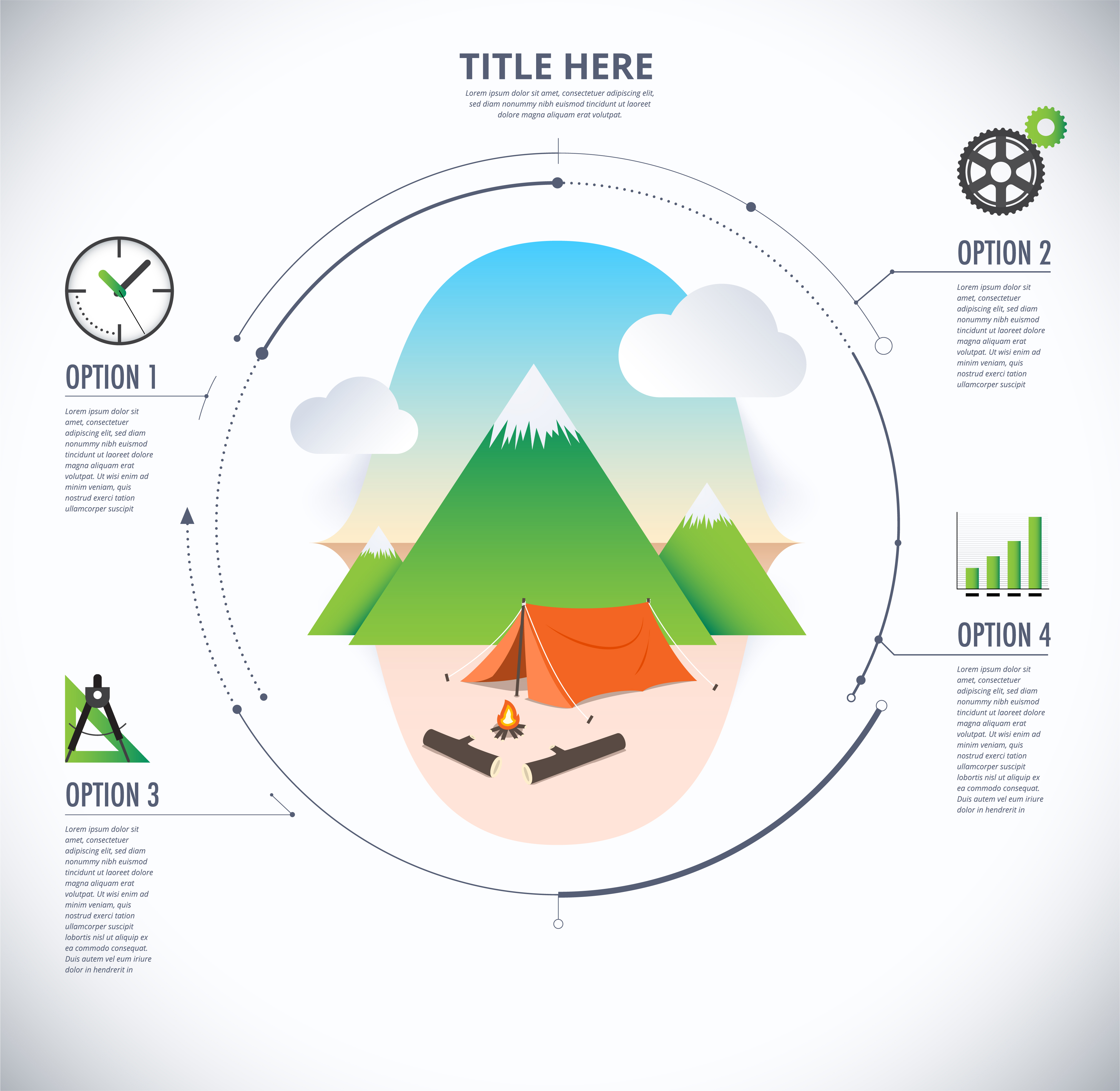Picking the right structure material is vital for event camping tents. Whether it's layered steel for budget tents or anodized aluminum for heavy-duty applications, there are numerous considerations to bear in mind.
Steel structures prevail in lower-priced pop-up camping tents but are prone to deterioration despite coverings and require normal maintenance. Aluminum is light-weight, normally withstands corrosion, and holds up well in damp or coastal environments.
Steel
When it concerns ensuring the durability of personalized camping tents, the material made use of in their frameworks plays a crucial role. Steel and aluminum alloys both supply costs sturdiness, but each deals special benefits that make it ideal for different kinds of atmospheres. Steel is perfect for tough problems, while light weight aluminum excels in withstanding corrosion and lessening maintenance expenditures.
When occasion hosts choose the right outdoor tents for their requirements, they require to think about variables like anticipated weather conditions. As an example, framework outdoors tents typically perform much better in windy or rainy conditions than pole outdoors tents since they do not depend on a main pole to sustain the structure. Nevertheless, the connections between structure pieces can damage in high tension scenarios. Identifying these weaknesses and executing regular assessments can help prevent possible damage.
Steel frameworks are tough to reduce, weld or shape, which can require customized devices and enhance labor costs. In addition, they often tend to rust or corrode conveniently and might need added security or finishings. Additionally, steel is really heavy and can cause concerns when delivering a canopy. It's additionally challenging to store for extended periods of time since it takes up a lot more space than light weight aluminum frameworks.
Aluminum
Light weight aluminum is a prominent frame product for canopy outdoors tents since it's lightweight, rust-resistant, and easy to transport and establish. It also supplies a much more secure shelter throughout gusty conditions than steel frames. Light weight aluminum is less susceptible to tearing and any damages can be easily fixed, lengthening the life of the tent. It additionally breathes to lower condensation and provides premium acoustic insulation to moisten outdoors noise.
The longevity of aluminum structure camping tents is better improved by the all-natural oxidation homes of the canvas backpack metal. It produces a portable oxide layer that shields the surface from rust and stains. Therefore, the long life of an aluminum turn up tent can be enhanced also further when the framework is plated.
Plated light weight aluminum is more powerful than steel and can hold up against high wind rates. On top of that, the coating resists corrosion and discolorations, expanding the life-span of the outdoor tents. In addition, plated light weight aluminum is recyclable and lasting, making it perfect for services looking for LEED accreditation. The combination of these homes makes aluminum a more cost-effective option than steel for large, sturdy outdoors tents, such as those made use of to fit industrial equipment and warehouse inventory. Steel, on the other hand, is more costly due to the fact that it needs costly alloys such as nitrogen, molybdenum, and chromium to improve strength.
Iron
Iron frame outdoors tents normally last as much as 15 years if the best care and maintenance is applied. This consists of frequently cleansing fabric and examining metal elements for deterioration and wear. By taking these procedures, event hosts can make the most of the reliability of their structures and guarantee their ongoing performance in tough atmospheres.
Steel is a perfect material for creating long lasting tents, specifically for usage in severe weather conditions. It is a solid, durable, and budget-friendly material that supplies stability and durability for a wide variety of applications. Nonetheless, steel is prone to rusting in damp and coastal settings. The addition of protective finishes and routine upkeep can assist to mitigate this threat, however these initiatives boost overall upkeep costs.
On the other hand, light weight aluminum is a more sturdy choice for a personalized camping tent due to its all-natural oxidation residential or commercial properties. When plated, aluminum comes to be super-strong and as much as 3 times more difficult than standard light weight aluminum alloys. This makes anodized aluminum the second-hardest material beside ruby (satellites, aircraft, and army cars all make use of anodized aluminum). Along with its resilience, plated aluminum is likewise extra resistant to corrosion than steel. These factors make light weight aluminum a superb option for turn up cover outdoors tents and contribute to their capacity to carry longer guarantees (5, 7, and also lifetime framework warranties). Furthermore, light weight aluminum is 1/3 the weight of steel allowing for a much thinner framework layout for even more customization choices and raised strength.
